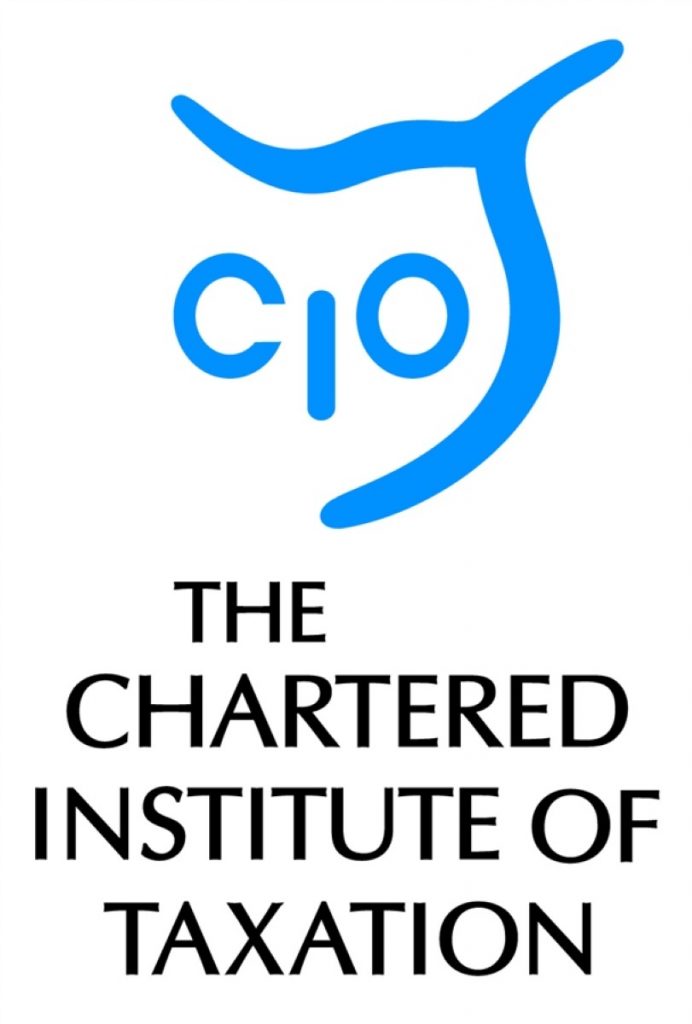CIOT: Tutors’ tax affairs set for thorough examination
The Chartered Institute of Taxation (CIOT) feels that today’s announcement by HM Revenue and Customs (HMRC) of a new campaign targeting private tutors and coaches who have undeclared tax liabilities warrants a pass mark, but says the taxman ‘could do better’ in this area.
Gary Ashford, who represents the CIOT on HMRC’s Compliance Reform Forum, and is National Head of Tax Investigations and Dispute Resolution at RSM Tenon, commented:
“HMRC’s targeting of another class of taxpayers comes as no surprise, given the Government’s high profile target of bringing in an extra £7 billion through initiatives to tackle tax avoidance, evasion and fraud by the end of the Parliament. They are right to highlight an opportunity like this but we think they need to make this possibility open to all.
“HMRC have a range of sources of evidence available to them and we assume that they have been doing their homework so they can target their anti-evasion efforts.
“Tutors who think they might not be on top of their (tax) forms will need to study this hard and make sure they get their sums right or they may find they are being taught a lesson by the taxman.
“Anyone who is worried that they have been underpaying tax – whether deliberately or in error – should get professional advice without delay. Even if they are not covered by a disclosure opportunity, penalties will generally be less severe for taxpayers who come forward voluntarily to put their affairs in order with HMRC.”
Notes to Editors
1. The Chartered Institute of Taxation (CIOT) is a charity and the leading professional body in the United Kingdom concerned solely with taxation. The CIOT’s primary purpose is to promote education and study of the administration and practice of taxation. One of the key aims is to achieve a better, more efficient, tax system for all affected by it – taxpayers, advisers and the authorities.
The CIOT’s comments and recommendations on tax issues are made solely in order to achieve its primary purpose: it is politically neutral in its work. The CIOT will seek to draw on its members’ experience in private practice, government, commerce and industry and academia to argue and explain how public policy objectives (to the extent that these are clearly stated or can be discerned) can most effectively be achieved.
The CIOT’s 15,600 members have the practising title of ‘Chartered Tax Adviser’ and the designatory letters ‘CTA’.





-01.png)